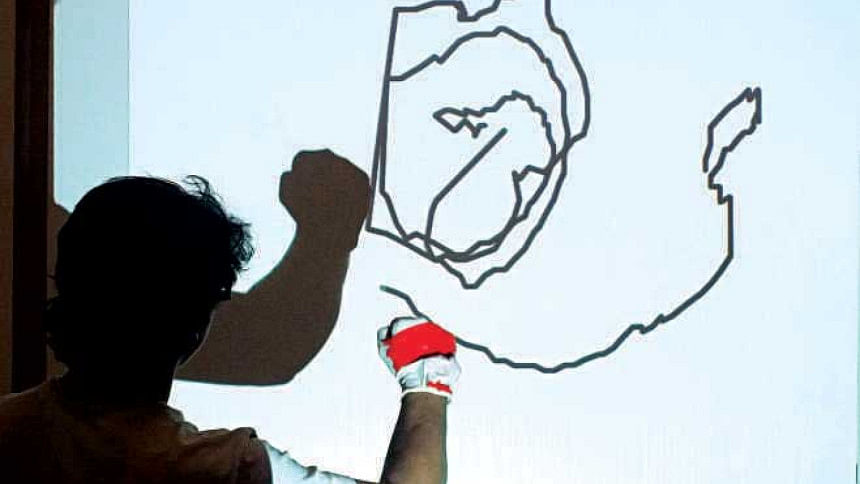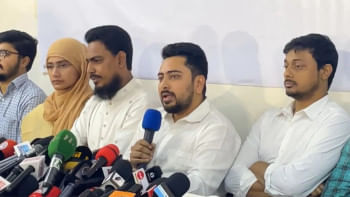Transforming Ideas into Marketable Products

Despite having quite a large pool of young and talented individuals, Bangladesh doesn't yet have a significant numbers of inventions entering the market. This is the issue Saif Kamal, Founder of Toru - The Idea Tree (an innovation hub that facilitates the transformation of ideas into entrepreneurial solutions), aimed to solve through design thinking, and by providing a platform.
Keeping this in mind, Toru recently organised “The Maker's Lab” – an invention and design thinking workshop – that consisted of teaching how to tackle real problems with global innovation discipline.
“Most young individuals/students come up with solutions but they can't turn them into products; the journey from a solution to becoming a product is a means of design thinking. Thus their work may even seem futile to others and them. So, our whole idea is to enrich the ecosystem of innovation is very important. Innovations require adopting apt strategy. I started exploring ways to scale these inventions. We want to develop an industrial link. Innovation is at the heart of entrepreneurship,” Kamal said.
“I'm doing PhD at MIT Media Lab, and it is considered one of the best innovation hubs in the world. It's there that I realised that you don't need extremely sophisticated material to invent. At the Media Lab, I came across Indian students who went back to India and started working on something they called Media Lab India Initiative. There they hold workshops, illustrate the kind of research they do at Media Lab, and groom talents while working with professors. So I thought if they can do that in India, why can't we in Bangladesh? I had planned this for a year but I didn't get the chance to properly initiate this,” said Nazmus Saquib, head of the workshop.
“At the workshop, we explained how Media Lab works – the thought process and what its philosophy is. We also illustrated the importance of an inventor needing diverse skill sets, and the role of design thinking in all of this process,” he added.

The first day of the workshop highlighted making hardware or embedded devices. The participants were required to create small devices that are capable of sensing the surrounding environment or capable of moving around, and can take intelligent decisions to some extent. The second day involved augmented reality. Nazmus Saquib said that he was excited to explore this in the Bangladeshi context, as he's aware that it's not yet very popular here. On the third day, the participants focused on mathematical simulations and data visualisations. After the initial three days, the last two days of the workshop saw participants working on their final projects, and mixing and matching the elements they had learned during the workshop.
“In the future we want to bring in more students from Media Lab to work with this initiative. Every year we want to groom new people from different classes and districts. The whole purpose of the workshop dies down if we don't follow up or if we don't continue to push these students,” said Saquib.
Sonia Kabir (Country Manager, Microsoft Bangladesh) and Pial Islam (Managing Partner, pi Strategy Consulting) were invited to the sessions to discuss industrial linkage and to promote collaboration between not just academic and industrial sectors, but also art and various other creative forms. The workshop was held at EMK Center in Dhaka from January 11 to 15.

 For all latest news, follow The Daily Star's Google News channel.
For all latest news, follow The Daily Star's Google News channel. 



Comments